Digestive issues like indigestion and constipation can mar the joy from our everyday lives, creating discomfort that begs for relief. While over-the-counter remedies are easily accessible, many people are turning towards a more natural approach to soothe their digestive woes. Amidst an abundant array of natural remedies, green vegetables stand out as a powerhouse of relief. Packed with essential fibres, vitamins, and minerals, these verdant veggies can be your allies in maintaining a happy digestive system.
The Magic of Leafy Greens
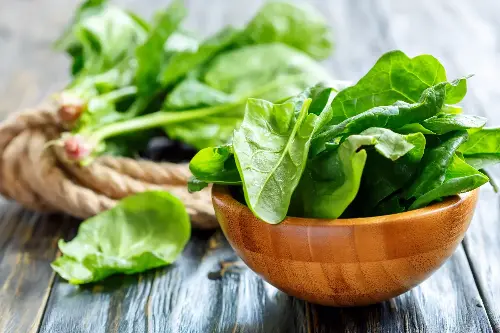
Leafy greens are synonymous with health and vitality for good reasons. Spinach, for instance, isn't just for Popeye—it's for anyone looking to ease digestive discomfort, too. This vegetable is rich in insoluble fibre, which adds bulk to stools and promotes a smoother transit through the intestines. Beyond fibre, magnesium in spinach works as a natural laxative by drawing water into the intestines, softening stools and making them easier to pass. Not to mention, it's also high in vitamin C and potassium, which enhance overall digestive health.
Similarly, Swiss chard boasts a profile that supports digestion: it is loaded with fibre and also contains betaine, a compound that improves stomach acid production and bile flow, both essential for breaking down foods efficiently. Including these leafy greens in your diet can make a significant difference in relieving indigestion and constipation.
The Cruciferous Connection
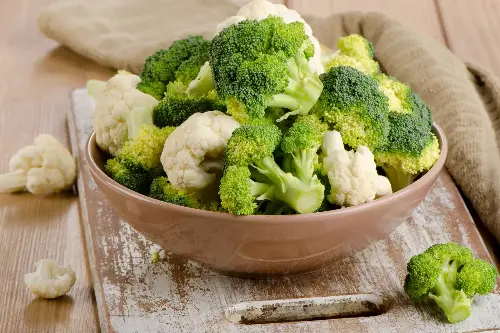
When exploring vegetables that combat digestion issues, cruciferous vegetables like broccoli must not be overlooked. Broccoli is a fibre superstar—both soluble and insoluble—providing the necessary roughage to prevent constipation and keep the digestive tract in prime working order. Furthermore, it's packed with a compound called glucosinolate, which is known to protect the stomach lining and reduce the risk of stomach ulcers and cancer.
Another cruciferous vegetable, Brussels sprouts, are high in fibre and contain an impressive array of nutrients that assist digestion, including vitamins C and K, folate, and potassium. By stimulating the natural digestive enzymes, Brussels sprouts help ensure that foods are adequately broken down, enhancing nutrient absorption and reducing gas and bloating.
Refreshing Cucumber Benefits
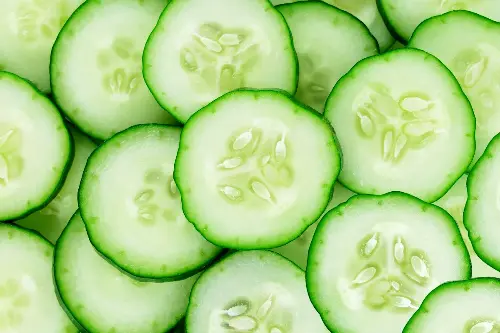
Cucumbers are more than just a spa-day staple—they are a hydration hero that can alleviate digestive problems. Their high water content, combined with fibre, helps in flushing out toxins from the digestive system and maintaining a healthy gut. Adding cucumbers to your diet can contribute to the prevention of constipation and keep your digestive tract functioning smoothly.
The Soothing Power of Zucchini
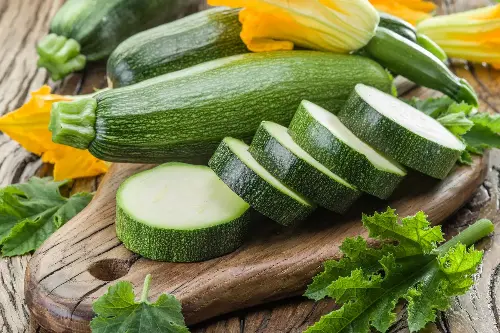
Zucchini is another gentle force against digestive disturbances. It's high in water and fibre, but its real secret lies in the pectin—a type of soluble fibre that not only improves bowel movement but also benefits gut health by enhancing the growth of beneficial bacteria. This can be particularly helpful in mitigating symptoms of indigestion and creating a more balanced digestive environment.
Harnessing the Power of Peas
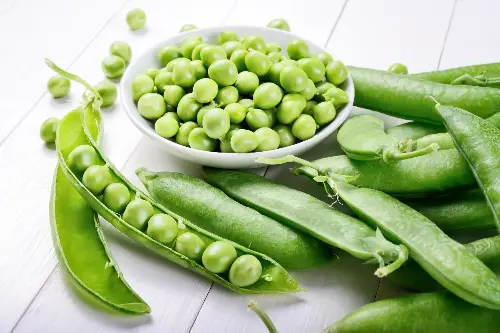
Breaking the myth that only leafy green vegetables are beneficial, green peas are an excellent source of relief from constipation and indigestion. Rich in insoluble fibre, they help increase stool bulk and pace up the passage through the gut. They also contain saponins, compounds known for their anti-inflammatory properties, which can reduce gut inflammation and support healthy digestion.
Integrating Green Vegetables into Your Diet
Incorporating these vegetables into your meals is incredibly simple. Start by adding a side of steamed broccoli or sautéed spinach to your dinner, or toss a handful of peas into your pasta sauce or risotto. Snack on cucumber slices with a dip or create delicious salads with shredded Brussels sprouts. Zucchini can be spiralised into noodles for a gut-friendly pasta alternative or grated into muffins for a health-infused treat.
Regularity through Rhythmic Eating
Aside from including these top green vegetables in your diet, establishing a regular meal pattern contributes significantly to digestive health. Eating at consistent times each day helps regulate your body's internal clock, promoting healthier digestion and regular bowel movements. Combine this with a diet abundant in green vegetables, and you're setting the stage for a smoother digestive experience.
Nature offers an impressive array of green vegetables that not only invigorate our plates but also provide us with natural remedies to combat digestive discomfort. By exploring these options and incorporating them regularly into our diet, we can steer towards a healthier, happier digestive system—without the need for artificial interventions. Whether you're a firm believer in natural health solutions or simply seeking a diet that supports your digestive wellness, the power of green vegetables is undeniable in our quest for a balanced and comfortable lifestyle.
